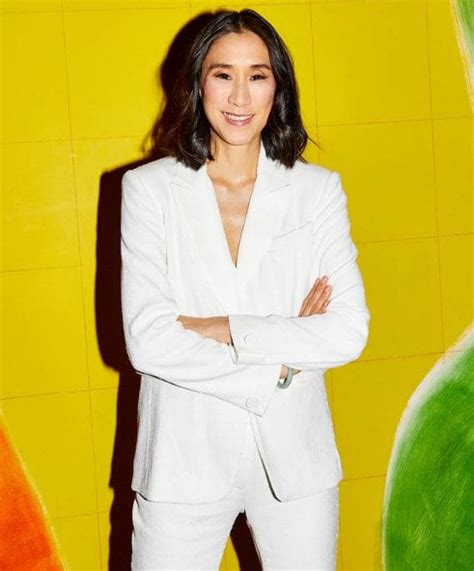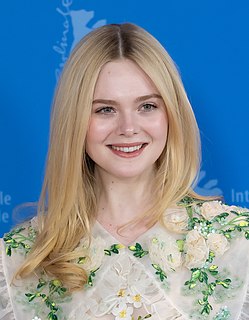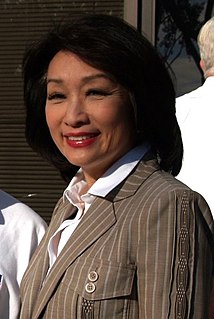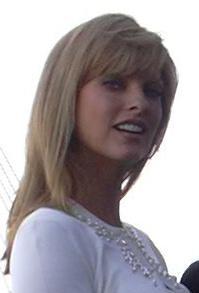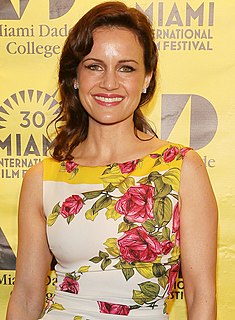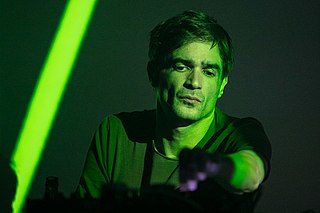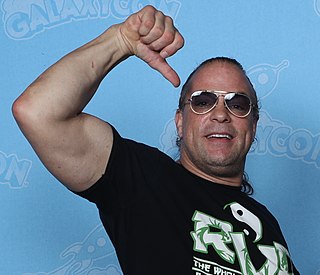A Quote by Eva Chen
The eight months I took off between 'Teen Vogue' and 'Lucky' afforded me such amazing opportunities, and I learned so much from so many different people - the brands that I worked with, the companies that I was consulting for.
Related Quotes
I like having young assistants in my office; they have energy, and I spend time with them to make sure they understand what we're doing. By investing in them, I'm investing in the magazine. All over 'Vogue,' 'Teen Vogue,' and 'Men's Vogue,' there are people who have been through not only my office but also many other offices at 'Vogue.'
When 'Teen Vogue' started out, 'Teen Vogue' was an aspirational fashion magazine for fashion lovers. You know, it was the little sister to 'Vogue.' And over the years, we've realized that our mission was really to become more focused on making this an inclusive community that speaks to every kind of young person.
Pedro's Almodovar different - very unique, very particular and difficult to compare to anyone else. But I've been lucky with many of the people that I've worked with. I think I've been very lucky with great opportunities - directors like Stephen Frears, Cameron Crowe and Fernando Trueba, as well as Bigas Luna, who gave me my first opportunity. There are a lot of people I would love to work with again. But, of course, I have a special relationship with Pedro and I don't think it's good to hide that.
I went back to Jamaica after living in New York and started to work on experimental stuff and basically I grew as a filmmaker. I went to film school; I was a PA on a lot of projects and I worked so hard, you know, you're young and I learned from different mentors. And luck put me in the position to work with amazing people. One of my mentors by the name of Little X, who took me under his wing after I came out of film school and moved to New York. I worked in videos for Jay-Z, Pharrell to Busta Rhymes and Wyclef. I quickly realized how much I wanted to make films instead of music videos.
I see "demand creation" as a 20th-century construct that's bound up with advertising. It's an outmoded view of marketing that says, "First, we build a product or service, then we advertise it into people's lives." Embedded this view is the belief that companies control brands. This is a myth. My message all along has been that brands are actually created by customers, not companies. Companies only provide the raw materials - the products, messaging, behaviors - that people use these to create brands.
I am not a great believer in dialectical struggle. I am much more of a fusion person. I see it as a dialogue, or trialogue, or polylogue: many, many, many voices, going back a long way. The cultural picture is much more mutually enriching at many different levels, manufacturers...absolutely, design and calligraphy. It's an amazing amount of cross-interests between people.
